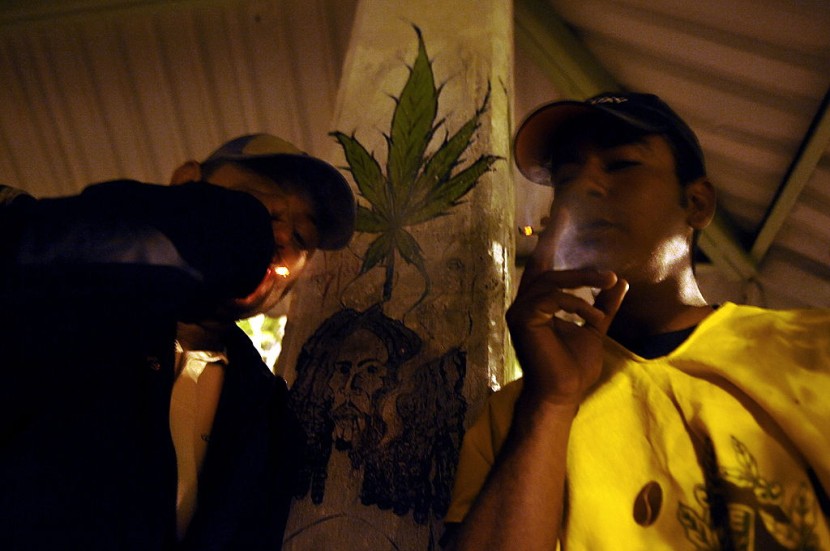
After Minnesota legalized recreational marijuana usage, North Dakota law enforcement authorities expressed about smuggling.
Minnesota became the 23rd state to legalize cannabis for recreational use on August 1. Additionally, Minnesota was the first state to overturn its paraphernalia laws, making it illegal to carry needles or even tiny quantities of drug residue.
North Dakota Highway Patrol Captain Bryan Niewind noted the Minnesota legislation does not apply to North Dakota, according to Twin Cities. He underlined that their strategy would not alter, saying that North Dakota troopers will continue to enforce the state's laws regardless of Minnesota's legalization.
The use, possession, manufacturing, and distribution of marijuana are still forbidden in North Dakota despite several unsuccessful efforts to legalize it, including one in November. This restriction applies to Minnesotans found with cannabis or drug paraphernalia.
What Do The North Dakota and Minnesota Marijuana Laws Say?
Beginning in August, Minnesota will let adults 21 and older use marijuana, subject to certain limitations. Smoking marijuana in public locations like schools and parks, where children might be exposed to smoke or fumes, would be barred. Additionally, it will still be unlawful to drive while high on cannabis. Publicly, people are allowed to carry two ounces of marijuana, and at home, two pounds.
Marijuana possession involves a range of criminal penalties in North Dakota. Less than a half-ounce of marijuana may result in fines of up to $1,000 for possession. Ingesting cannabis inside the state is punishable by up to 30 days in prison and a maximum of 360 days of jail time for possessing larger quantities.
In addition, police have the right to detain someone who possesses marijuana and plans to provide it or sell it to someone else. Depending on the amount and if a weapon is involved, it may result in charges of felony and up to 10 years imprisonment.
New York's Marijuana Woes
In related news, New York's marijuana producers are having trouble selling their crops since there is no market for them. The state's recreational marijuana market has been operating slowly, which has slowed down the licensing procedure for new outlets, ABC News reported.
Consequently, illegal businesses have filled the vacuum, although these are not legitimate markets for New York farmers. Federal law forbids the movement of their products over state boundaries, leaving little shelf space for the significant quantity of cannabis cultivated in the state last year.
Due to New York's unmet demand for cannabis, New York's marijuana producers are in a difficult financial position. There are growing worries that the smokable blossom could become too old to be sold.
The State's Office of Cannabis Management temporarily approved 50 additional dispensary licenses last month, aiming to boost demand. Additionally, there are plans to enable groups of producers to partner with retail license holders to sell their cannabis somewhere other than a shop, such as an agricultural fair or a festival.
Despite the state legalization of marijuana, a local study found that adolescent cannabis usage in New York City was declining in 2021, the lowest level ever seen since the subject was included in the survey in 1997.
However, anecdotal reports from students and instructors point to a rise in disruptive conduct and easy availability of cannabis items like vape pens and edibles in educational settings, according to The New York Times.
Related Article : Dylan Mulvaney: From Theatrical Performer to TikTok Trans Advocate - Now a Lesbian
© 2026 HNGN, All rights reserved. Do not reproduce without permission.








